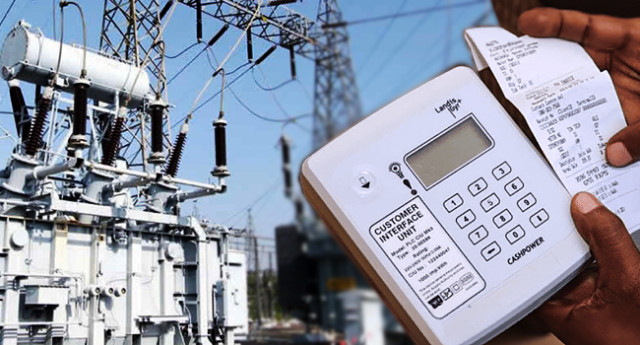The electricity subsidy obligation of the Federal Government rose from N252.76bn to N633.30bn in the first quarter of 2024, according to a report by the Nigerian Electricity Regulatory Commission.
The NERC stated that the electricity subsidy skyrocketed to N211.10bn per month in the first three months of 2024, from N84.25bn in the last quarter of 2023.
The increase was largely attributable to the government's policy to harmonise the exchange rates while also issuing a policy directive that end-user customer tariffs remain at the rates that came into effect in December 2022.
The regulator revealed that due to the absence of cost-reflective tariffs across all distribution companies, the government incurred a subsidy obligation of N633.30bn (90.57 per cent of total Nigerian Bulk Electricity Trading Plc invoice) in Q1 2024 (average of N211.10bn per month), representing an increase of N380.56bn (150.56 per cent) compared to the N252.76bn (average of N84.25bn per month) incurred in Q4 2023.
The lack of cost-reflective tariffs led the Federal Government to cover the difference between the cost-reflective and allowed tariff through tariff subsidies.
For administrative convenience, the subsidy is only applied to the generation cost payable by Discos to NBET, which represents the total Genco invoice that Discos are billed by NBET based on the allowed Disco tariffs.
The International Monetary Fund has urged the Nigerian government to eliminate what it termed implicit energy subsidies.
According to a recent IMF report, these subsidies are projected to consume 3% of Nigeria's gross domestic product in 2024, up from 1% the previous year.
As Nigerians demand the reversal of the Band A tariff to N68/kWh, the IMF has suggested that the tariff adjustment would help reduce subsidy expenditure by 0.1% of GDP while continuing to provide relief to the poor, particularly in rural areas.




















